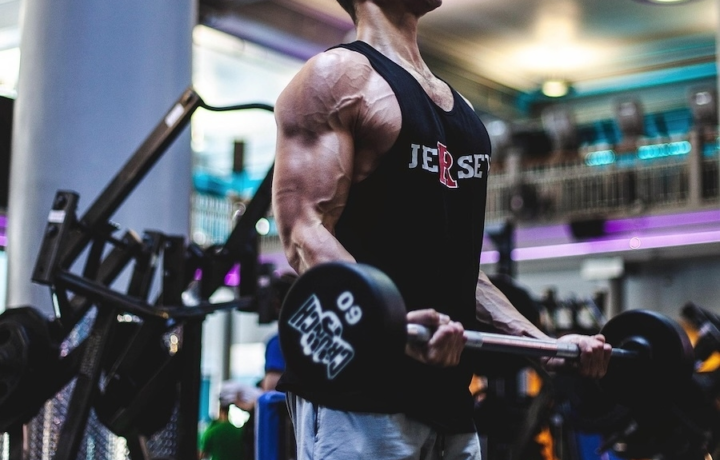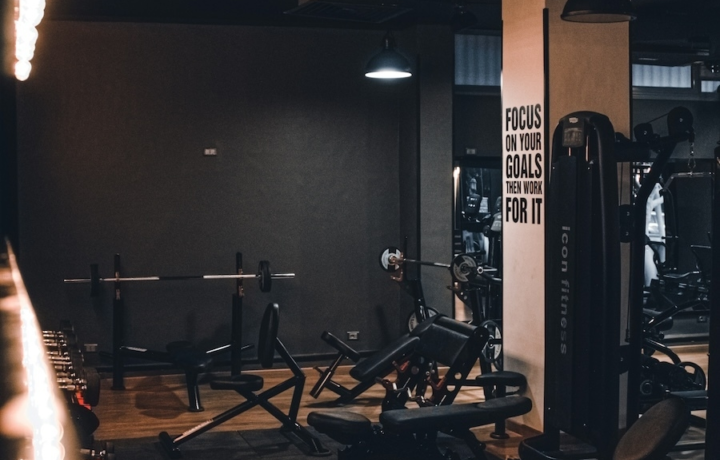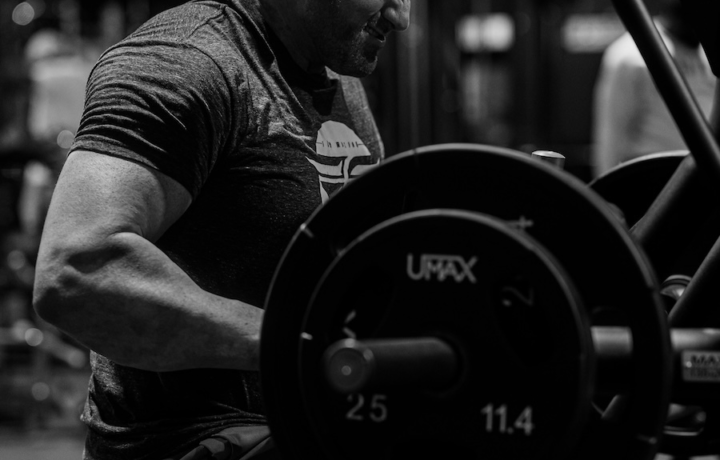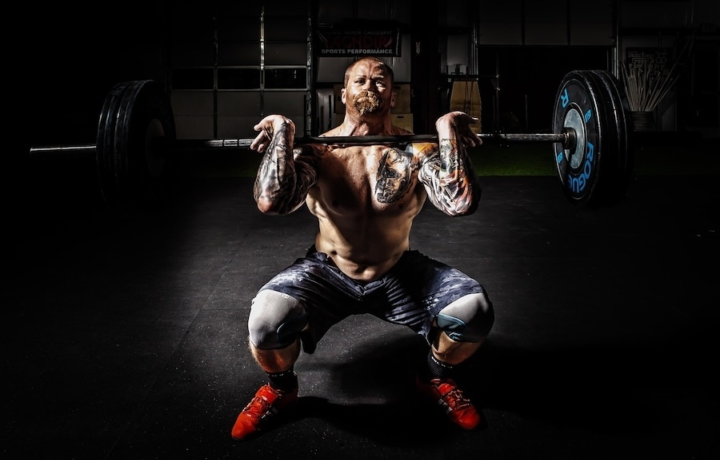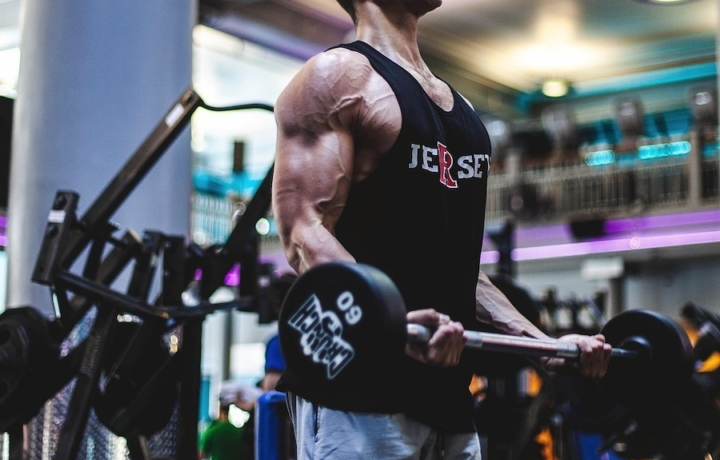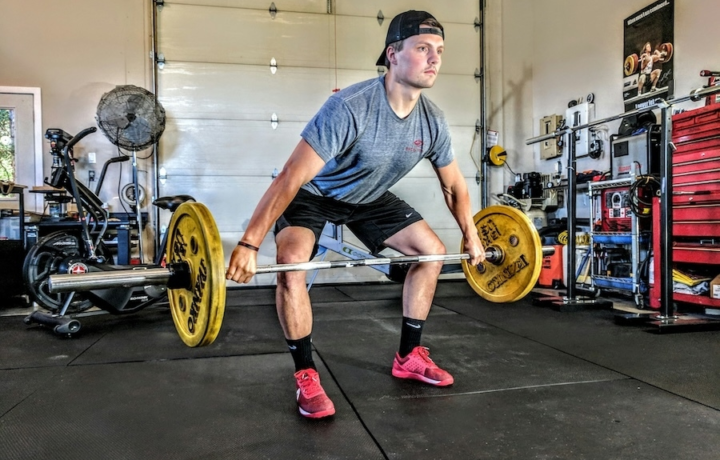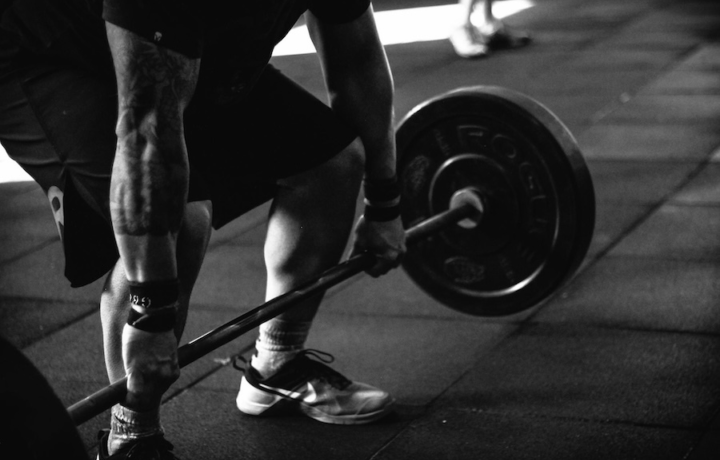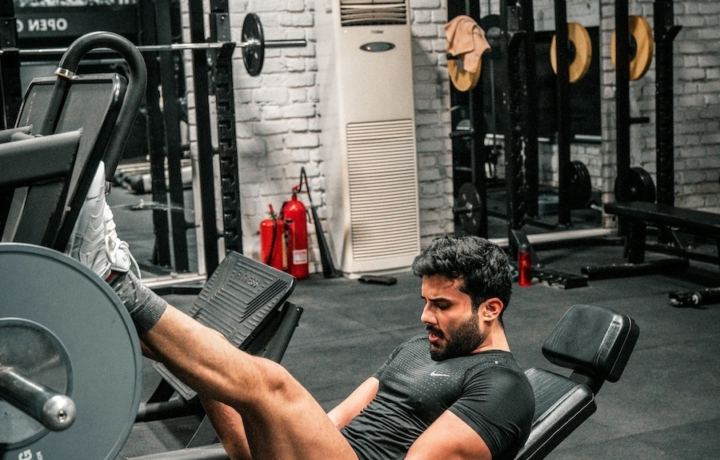Build maximum strength with focused, proven training
Best Powerlifting workouts
Powerlifting revolves around one goal: getting stronger in the squat, bench press, and deadlift. These workouts are built around heavy compound lifts, progressive overload, and smart programming to help you increase your 1-rep max over time. Whether you’re a beginner learning the big three or an advanced lifter prepping for a meet, powerlifting training builds raw strength, muscular control, and total body power.
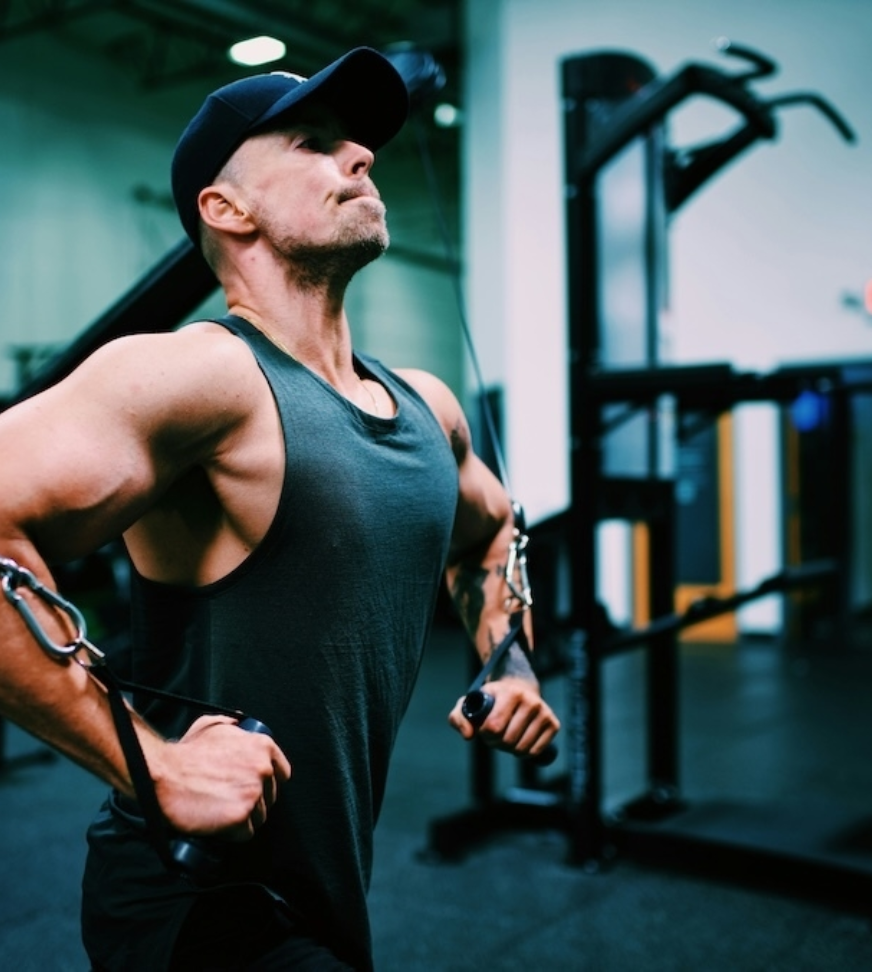
Workout 1 Powerlifting (Volume Focus)
This workout helps you seriously practice squats and bench press while building strength with more sets and moderate weight. You warm up with activation exercises and then move on to the heavy lifts, supported by Romanian deadlifts and pull-ups for balance. Perfect if you want to sharpen your technique, build muscle mass, and develop the kind of strength that comes in handy both in your training and in everyday life.
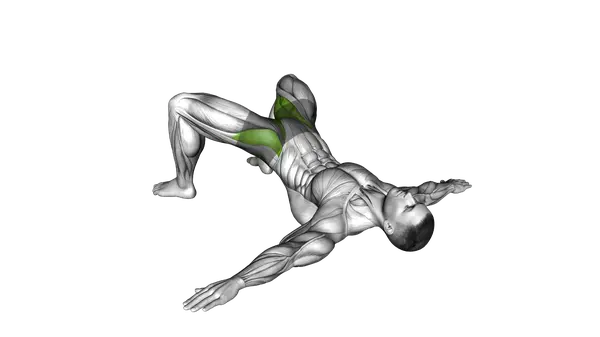

Glute Bridge Abduction
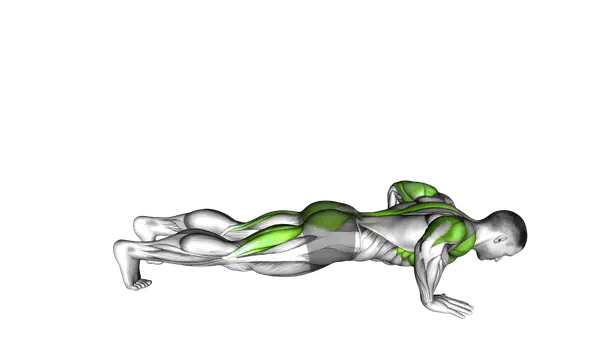
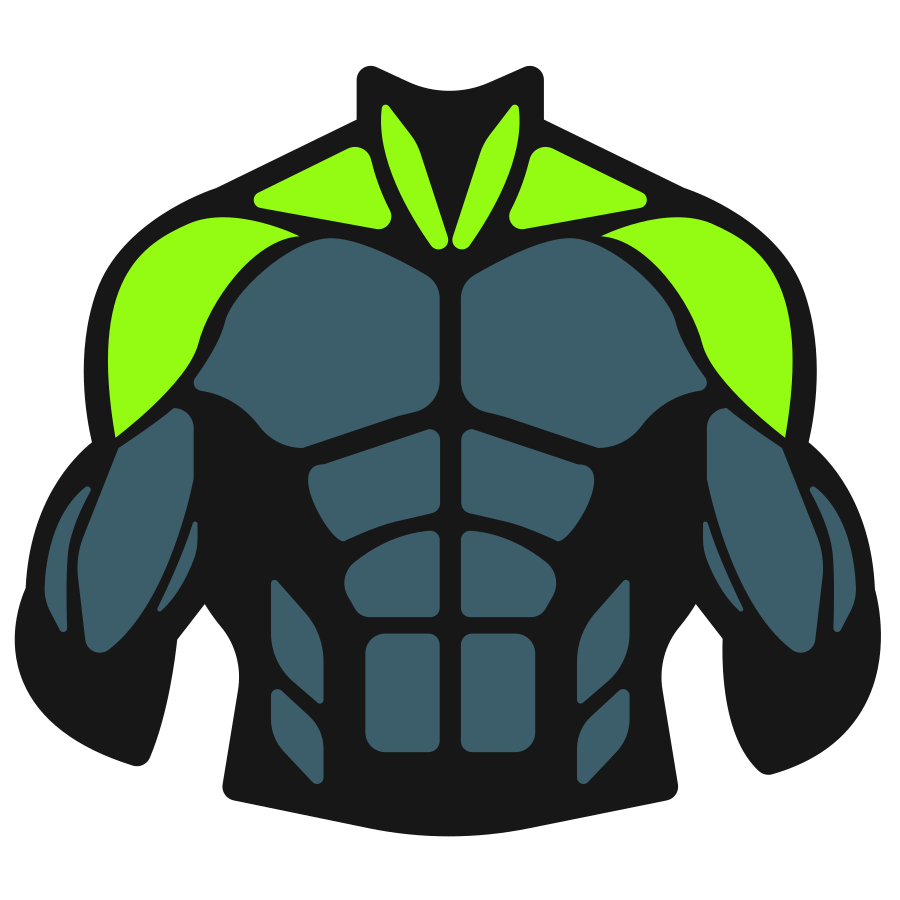
Pike To Cobra Push Up
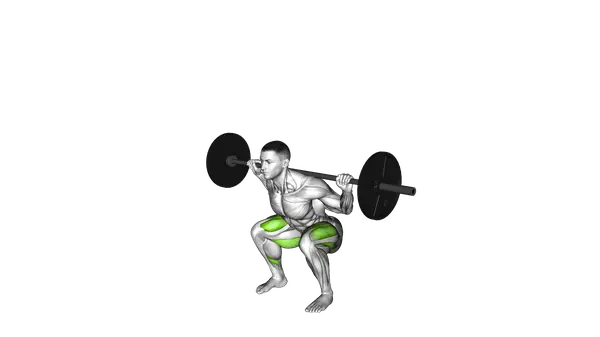

Barbell Squat
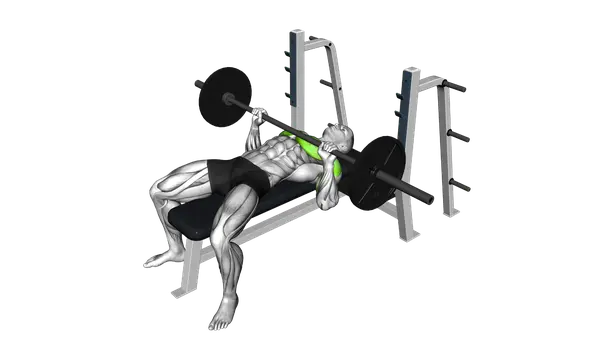

Barbell Bench Press
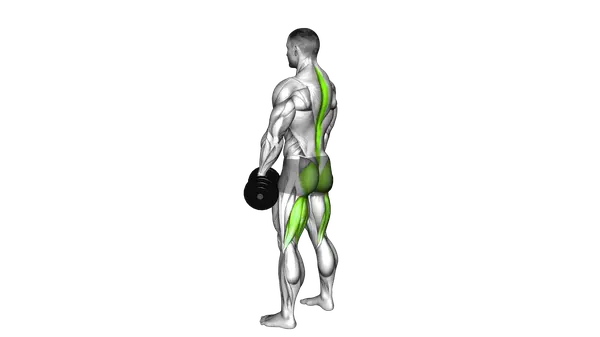

Dumbbell Romanian Deadlift
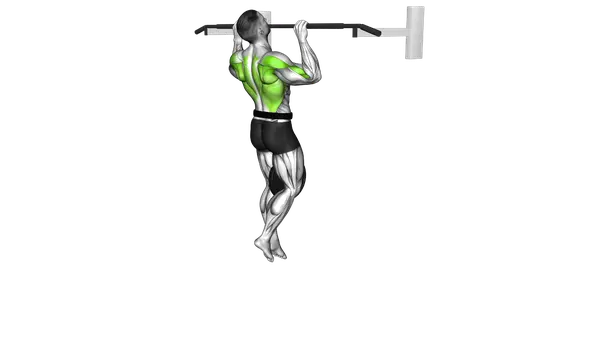
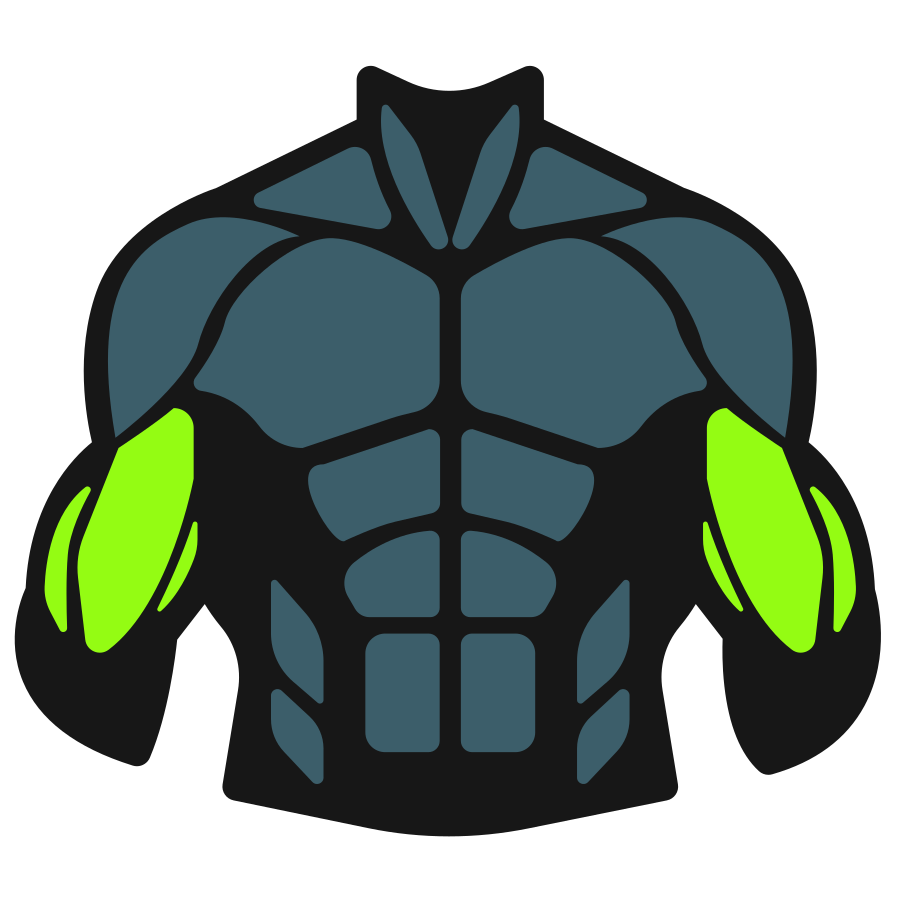
Weighted Pull Up
Train for strength, self-confidence, and long-term progress.
Benefits of Powerlifting Workouts
Powerlifting workouts develop functional full-body strength by focusing on movement quality, load management, and consistent progression. You build muscle mass, increase joint stability, and improve your neuromuscular efficiency. This training style also builds self-confidence, discipline, and measurable results: it helps you track progress in concrete numbers over weeks, months, and years.
Built for progress
Take the guesswork out of training
Create personalized AI-powered workout plans that evolve with you. Train smarter, track every rep and keep moving forward, one workout at a time.






Workout 2 Powerlifting (Strength Focus)
This workout strengthens your posterior chain and pushing power with a focus on the Deadlift and Overhead Press. You'll warm up with mobility and activation exercises before moving on to heavy compound exercises, rows, and loaded carries. Always start with lighter sets (50–70% of your max) and gradually build up to your working weight. This keeps your technique sharp, reduces the risk of injury, and prepares your body for the heavy work.
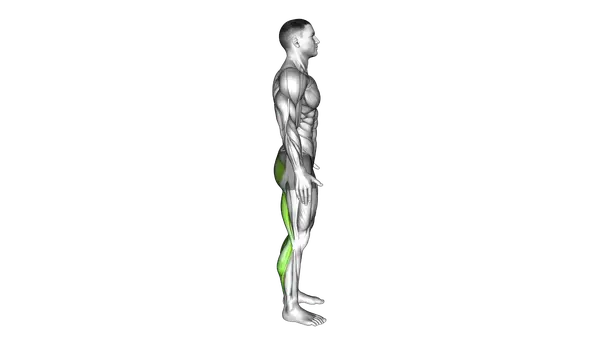

Runners Stretch
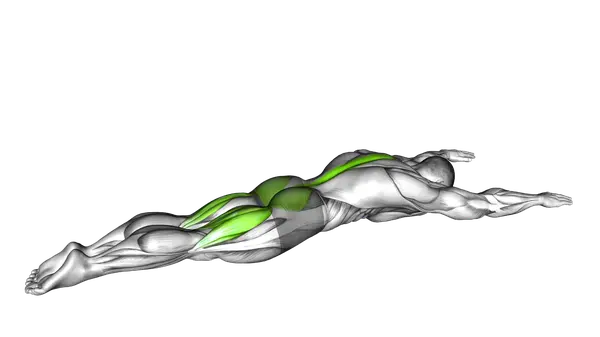

Superman
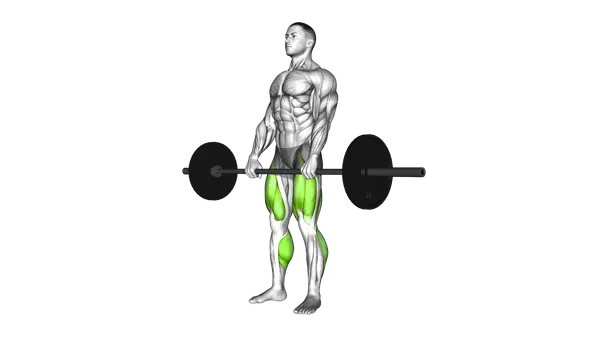

Barbell Deadlift
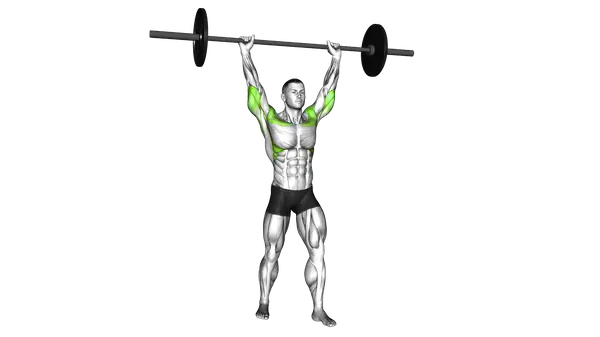

Barbell Standing Military Press
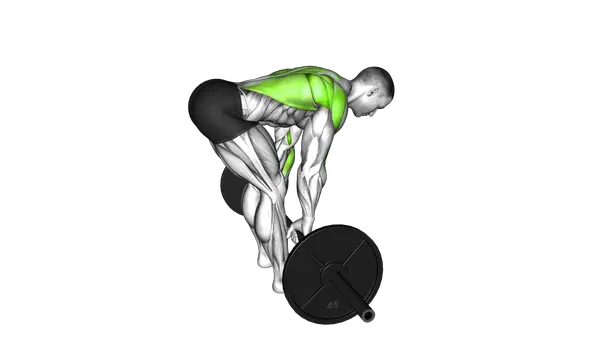

Barbell Bent Over Row
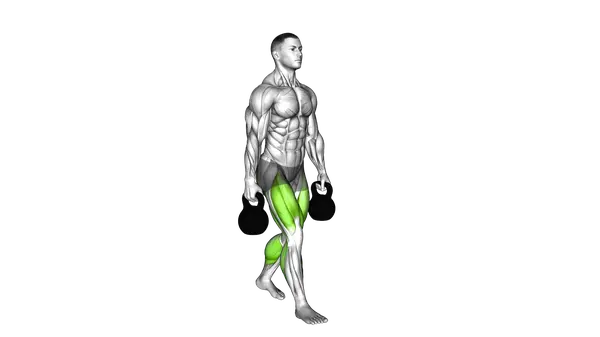

Kettlebell Farmer's Carry
Workout 3 Powerlifting (Meet Day)
In this workout, you're going heavy: squats, bench press, and deadlifts at 80–85% of your max. You'll warm up first and then do sets with low repetitions, allowing you to practice moving heavy weights with good technique. It's perfect if you want to test your strength, build confidence under the bar, and push your limits while staying safe. Think of it as your dress rehearsal for competition day.
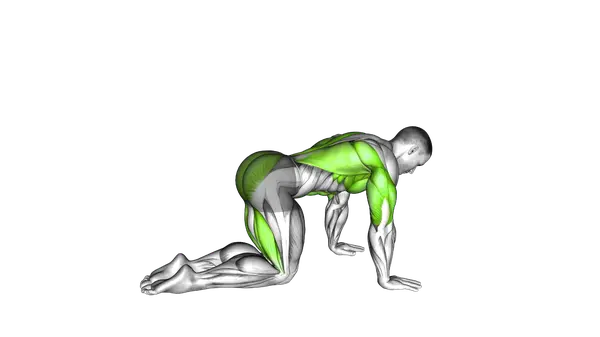

Bird Dog
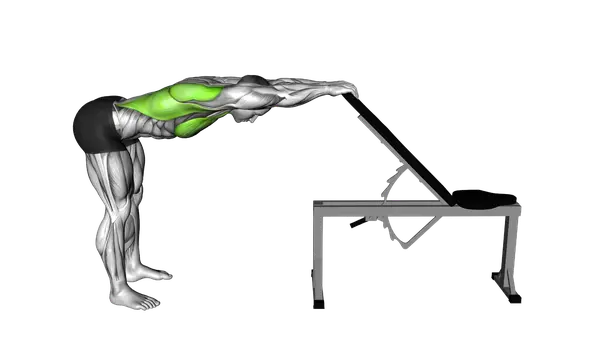

Back Pec Stretch


Barbell Squat


Barbell Bench Press


Barbell Deadlift
FAQ: Best Powerlifting Workouts
Focus on proper technique, use gradual progression, and listen to your body. Prioritize warm-ups, mobility, and recovery. Accessory work for your core, hips, and upper back also helps reinforce stability and reduce stress on joints.
Not at all. Many people follow powerlifting-style programs purely to get stronger, improve their physique, or gain better control over heavy compound movements. It’s an effective approach for anyone looking to build foundational strength.
No. True 1-rep max attempts are usually reserved for testing phases or competitions. Most training should use submaximal loads (70–90% of 1RM) with proper form and sufficient volume. This builds strength safely while reducing injury risk.
Most powerlifters train each main lift 1–2 times per week. A common split might include squat-focused and deadlift-focused days, with bench press trained more frequently. Volume and frequency should be adjusted based on experience level and recovery capacity.
The sport of powerlifting is centered on three lifts: the back squat, bench press, and deadlift. These compound movements test overall strength and are the foundation of every powerlifting program.
Build brute strength with a purpose
Ready to train smarter?
You have just discovered some of the most effective powerlifting workouts, focused on squats, deadlifts, and bench press. With the app, you can turn these into a structured plan that helps you build strength, track your progress, and peak at the right time.
Discover more training variations
Related Powerlifting Workouts
Train smarter with weekly schedules
